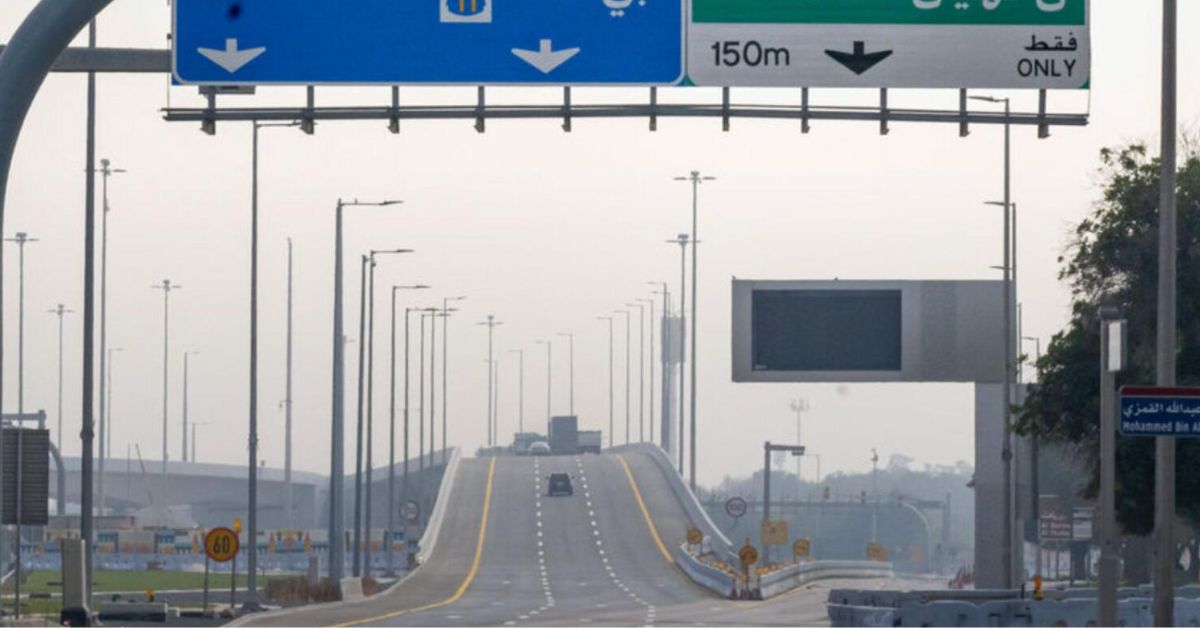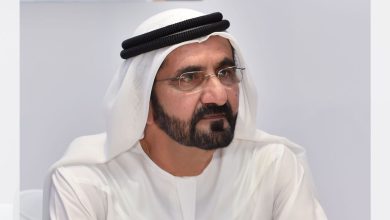Abu Dhabi has officially opened two new bridges as part of the AED 315 million infrastructure project, set to ease traffic flow across the capital, the Department of Municipalities and Transport (DMT) announced.
Designed to handle up to 7,500 vehicles per hour, the bridges connect Khaleej Al Arabi Street with Shakhbout Bin Sultan Street towards Mussafah. These upgrades are expected to reduce peak morning congestion by up to 80%, cutting average delays to just 20 seconds.
The project features a three-lane flyover on Khaleej Al Arabi Street and a two-lane bridge linking Shakhbout Bin Sultan Street to Khaleej Al Arabi Street.
These infrastructure improvements will benefit commuters traveling into the city and provide faster access to key destinations such as Zayed International Airport, Mussafah, and Hudayriyat Island.
.@AbuDhabiDMT, in partnership with @ad_mobility, has opened two new bridges connecting Al Khaleej Al Arabi Street and Shakhbout Bin Sultan Street towards Musaffah. The AED315m project enhances Abu Dhabi’s road network as part of major infrastructure upgrades in the emirate. pic.twitter.com/P1mOwptF6y
— مكتب أبوظبي الإعلامي (@ADMediaOffice) January 4, 2025
Spanning 742 meters with a surface area of 10,242 square meters, the project also features 61 streetlights, dedicated pedestrian and cycle paths, and over 46,000 square meters of landscaped areas.
His Excellency Mohamed Ali Al Shorafa, Chairman of the Department of Municipalities and Transport, said that the new bridges are part of a broader effort to improve Abu Dhabi’s road network and support the city’s growth through sustainable infrastructure investments.
“DMT’s mission is to create a seamless, connected and liveable city through multiple modes of modern transportation while alleviating congestion, cutting journey times, improving transport safety, and protecting our environment. We are investing heavily to ensure Abu Dhabi’s infrastructure ranks among the very best in the world and that we meet the capital’s current and future transportation needs,” H.E. Al Shorafa said.




